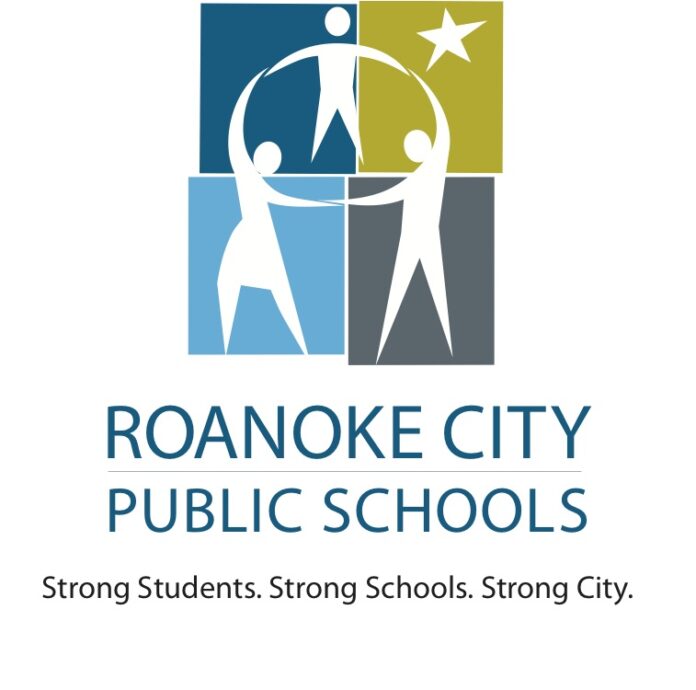 The Roanoke City public school system allocates about five percent of its current annual budget for arts and music programs – not enough say some.
The Roanoke City public school system allocates about five percent of its current annual budget for arts and music programs – not enough say some.
Enter the Roanoke City Public Schools Education Foundation, a private concern that is putting together fundraising plans to boost that number. Co-chairman Lee Wilhelm says there has been pushback when the foundation has asked the public for money in regards to core “STEM” classes – science, technology, engineering and math – with many thinking that is what their tax dollars should be used for.
It’s viewed a bit differently for music and the arts says Wilhelm – who notes that when school budgets are pared down the arts are typically one of the first items placed on the chopping block. “The first ones cut when money gets tight,” notes Wilhelm, “[because] you don’t necessarily feel an obligation of tax money going to support those [subjects].”

Wilhelm says the city has a “fabulous” music program and points to grants from VH1, for example, that have paid for instruments in the past. That grant money can’t be counted on every year, however. So Roanoke City schools superintendent Dr. Rita Bishop asked the Education Foundation to devise a plan of attack in going to the public, asking people to fill in the gaps when it comes to music and arts funding in the public schools.
That plan is still coming together over the next month or so according to Wilhelm. “We think it’s a job where we can go out and explain the benefits of the arts and music to the general public – we should have no problem raising funds to sustain the programs.” Music students in particular have had opportunities open to them like playing in Carnegie Hall and in Hawaii because they had access to instruments through the school system, he adds.
Wilhelm says collaborations with the Roanoke Symphony Orchestra has led to awards and he calls RSO musical director/conductor David Stewart Wiley “fantastic” in his support of the city’s music program. “It’s a program that must be protected and maintained,” says Wilhelm, who is looking to put together a well thought-out, sustainable long term program that can be maintained. A fundraiser next spring could be in the offing for starters, adds Wilhelm.
One selling tool: research that shows young students who participate in arts programs or who learn to play a musical instrument often do better when it comes to their core subjects. “That’s one of the things we’re gathering information on,” says Wilhelm – who notes other data that shows playing an instrument later in life – following a skill learned early on – can delay the onset of Alzheimer’s in some cases.
Wilhelm, who also chairs the Roanoke Valley Convention and Visitor’s Bureau board, is well known around town for his work in philanthropic circles. The goal with his mission with the Roanoke City Public Schools Education Foundation is to make a compelling case why the general public that already supports the city’s public school system with tax dollars should open their wallets and purses again for arts funding – and why they should do it on a regular basis.
The evidence is there, says Wilhelm, as to why arts and music funding should be higher than the five percent now allocated in the instructional budget. Look for a brochure and other materials making that point within the next few months.
Gene Marrano


